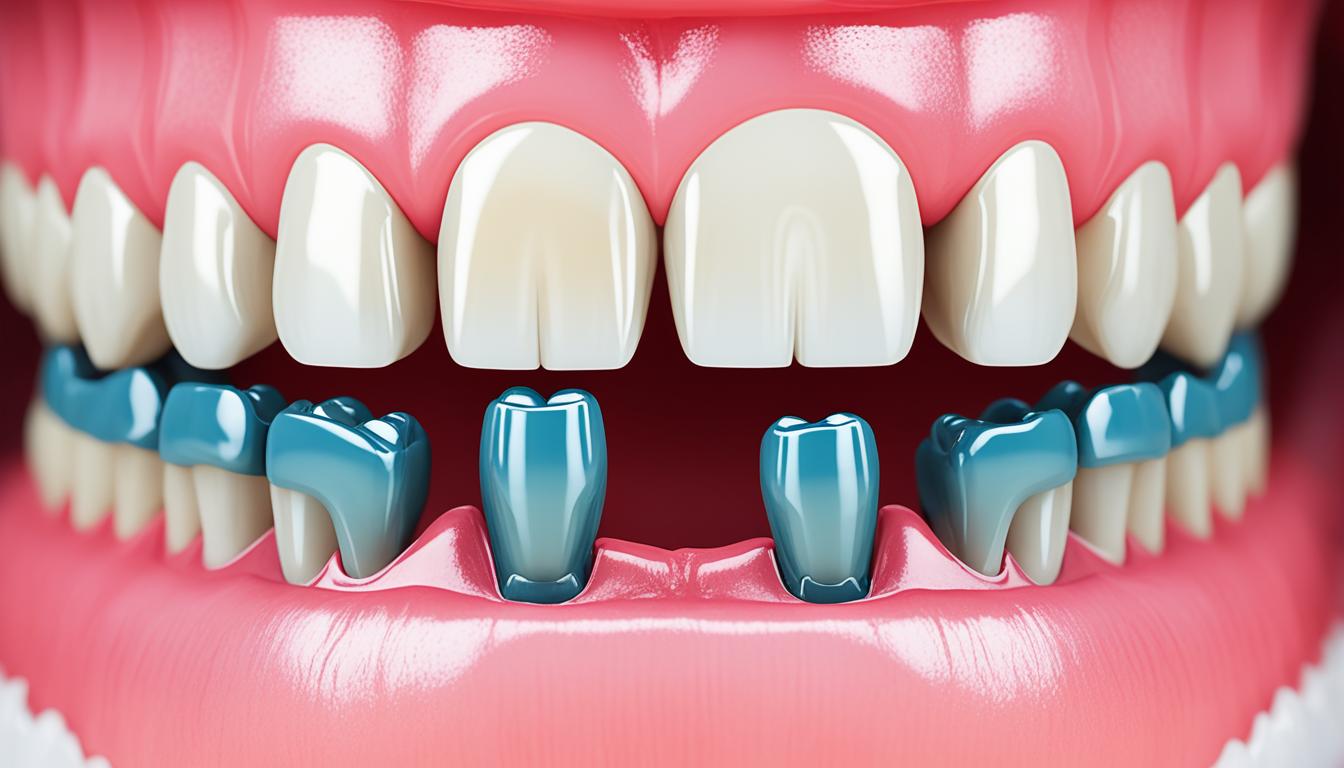When Can Babies Eat Deli Meat: Benefits And Risks
Babies can start to eat deli meat around 7 to 8 months old, when they have developed better chewing and swallowing skills.
Lets explore the best practices for introducing deli meat to your baby, covering nutritional benefits, potential risks, and essential safety tips to ensure a healthy and enjoyable eating experience for your little one.
Best Age For Babies To Eat Deli Meat?
According to the American Academy of Pediatrics, solid food is safe to introduce to a 6-month-old baby. However, it’s better to wait until your child is 7or 8 months old before feeding them deli meat.
Most 8-month-old babies can better chew and swallow their food. They’ll most likely have grown some teeth by that point. While deli meat isn’t tough to chew, it’s better to wait to avoid choking.
Deli meat can be a part of a tasty meal or quick bite. Most meats are also better served with other food groups. But like most food, deli meat can come with its benefits and risks.
Benefits In Feeding Babies Deli Meat
Let’s start with the benefits for parents: deli meat is cheap and ready to serve. We don’t recommend your baby eating raw deli meat (more on that later), but you can easily prepare a dish with a 5-10 minute frying session.
Deli meat is convenient because it’s already seasoned and cured. You don’t have to go through the lengthy process of marinating your food. All you need to do is slice some luncheon and serve.
Now that’s all clear, what about health benefits? Similar to fresh meat, deli meat is high in protein. You can find a lot of protein in processed beef, chicken, pork, and turkey.
Deli meat is also rich in other nutrients, such as iron, zinc, and vitamin B12. When eaten in moderation, it can add extra energy and strength to you and your kid.
As an added benefit, meat is not a common allergen for kids. So meat, including cold cuts, is a safe option for children. But it’s still important to watch out for allergic reactions and to notify your pediatrician during emergencies.
However, parents should be aware of the downsides of regularly eating deli meat. While it’s okay to have it occasionally, deli meat is not a healthy choice. Here are things parents need to watch out for when feeding babies deli meat.
Risks in Feeding Deli Meat
Deli meat is delicious, but it’s far from being nutritious. People are at a higher risk of heart disease, diabetes, and cancer when they overconsume processed meat.
The main culprit is the high level of sodium in deli meat. A small serving of lunch meat can average around 310 to 480 milligrams of sodium. Too much sodium can cause problems in the heart, blood vessels, and kidneys.
Saturated fat is another thing to look out for when consuming deli meat. While a small amount of fat is safe for the body, too much saturated fat can cause high cholesterol and hypertension. Fat is also known for constricting blood vessels and making blood circulation more difficult.
Other things to worry about are high amounts of additives and preservatives. Unlike fresh meat, deli meat undergoes curing before hitting store freezers. During the curing process, food manufacturers use chemicals to elongate shelf life. Chemicals are also effective at making the food look, smell, and taste more appealing.
However, these chemicals can cause health issues. Preservatives have affected people and heightened their risk for diseases like allergies, asthma, neurological damage, and cancer.
Overall, deli meat is unhealthy in large amounts. But that’s not the only thing you’re dealing with if you eat deli meat. If you’re planning to feed your baby a slice of cold cuts, you will need to cook it.
Deli meat can host different parasites and bacteria, such as listeria, toxoplasma, and salmonella. All three of these can give you and your child a bad case of food poisoning. Contamination usually happens due to improper handling, storing, washing, and cooking.
One final thing to look out for is obesity. As mentioned above, deli meat is rich in fat and sodium. Overconsumption of cold cuts can cause weight gain, which brings a whole host of health problems, including a lower lifespan.
Cold cuts are unhealthy, but only if they go beyond a moderate limit. You and your baby can still enjoy a slice of salami once in a while. What matters is how you can fit deli meat into your daily diet without it causing any havoc.
Tips on How to Buy, Cook, and Serve Deli Meat
Let’s now talk about how you can safely serve deli meat to your child. You and your kid can enjoy deli meat as either a part of a meal or a small snack. Here are some tips on how to buy, cook, and serve deli meat.
Source Your Deli Meat from Ethical and Organic Producers
More people are putting importance on where they source their meat. Organic, grass-fed, and humanely-raised animals are not only healthy for you but for the environment too. You can reduce your carbon footprint by supporting ethical farms instead of factory farms. Besides, humane meat tastes better.
It can be hard to find a local butchery that can provide you safe and sustainable meat. However, thanks to the Internet, meat delivery services are now more common. You can finally have your meal sent right to your doorstep.
If that sounds interesting to you, then you can check out Everyday Easy Eats’ article about that right here.
Cook Your Deli Meat Thoroughly
The next thing to consider when preparing deli meat is to cook it thoroughly. As mentioned above, deli meat can transmit nasty bacteria and parasites. So to keep your baby safe, cook your meat before serving it.
Deli meat should have at least an internal temperature of 165F before being eaten. A food thermometer can help you determine how cooked your food is. Just be careful not to burn it!
Add Grains and Vegetables When Eating Deli Meat
Deli meat usually has a concentrated salty taste. Eating a slab of meatloaf on its own doesn’t sound or taste so appealing. To keep your food from tasting too salty, combine it with other foods.
Mashed or sliced vegetables are a perfect match for deli meat. You can also mix the luncheon in rice, grains, or pasta. And let’s not forget the classic deli sandwich.
Finding the right combination can enhance the flavor of deli meat. It also allows you to introduce more flavors to your baby.
Feed Deli Meat in Moderation
Even though we mentioned this above, we still think it’s important to remind you of this. Moderation is always the key. Deli meat is not something you should feed your kid every day.
If you want to add more protein to your baby’s diet, you can include other food like eggs, oats, broccoli, and fish. And of course, we can’t forget about fresh meat and poultry.
Always Stick to Fresh Meat When Feeding Children
Deli meat can’t beat the taste and benefit of fresh and home-cooked meat. Fresh poultry and meat are comparably healthier than deli meat. And if prepared correctly, they can provide the same amount of vitamins and minerals, minus the side effects.
There are many ways to prepare meat in the kitchen that won’t be time-consuming. Giving yourself more time cooking is beneficial for both baby and you. Cooking is not only a fun hobby that you can master, but it also makes you more mindful of what food you eat every day.
If you need some starter recipes that are quick and beginner-friendly, Bon Appitite has 20 quick meals that you need to try right here.
Most Popular Lunch Meats In The United States:
- Turkey: Turkey is a lean and versatile lunch meat that is widely consumed. It is available in various forms, such as roasted turkey breast or sliced deli turkey.
- Ham: Ham is another popular choice for sandwiches and lunchtime meals. It can be found in different varieties, including smoked ham, honey ham, and Black Forest ham.
- Chicken: Chicken lunch meats are often seasoned or marinated for added flavor.
- Roast Beef: Roast beef is a classic lunch meat made from thinly sliced, slow-cooked beef.
- Salami: Salami is a cured sausage that adds a bold and savory flavor to sandwiches. Salami comes in various types, such as Genoa salami, pepperoni, and hard salami.
- Bologna: Bologna is a lunch meat made from finely ground beef, pork, or a combination of both.
- Pastrami: Pastrami is a highly seasoned and smoked beef lunch meat
- Corned Beef: Corned beef is salt-cured beef, typically made from brisket.
- Pepperoni: Pepperoni is a spicy Italian-American sausage although commonly used as a topping on pizzas, pepperoni is also enjoyed as lunch meat.
Supplementing Lunch Meat With Dairy
Dairy products are a good source of protein, calcium, and other nutrients that are important for babies’ growth and development. They can also help to boost the immune system.
When choosing dairy products for babies, it is important to select those that are low in sodium and fat. It is also important to avoid giving babies soft cheeses, such as Brie, Camembert, and feta, as these cheeses are made with unpasteurized milk, which can contain harmful bacteria.
Some good choices of dairy products for babies include:
Yogurt: Yogurt is a good source of protein, calcium, and probiotics. Probiotics are “good” bacteria that can help to boost the immune system.
Cheese: Cheese is a good source of protein, calcium, and fat. It is important to choose cheese that is low in sodium and fat.
Milk: Milk is a good source of protein, calcium, and other nutrients. It is important to choose milk that is fortified with vitamin D.
When adding dairy products to babies’ diet, it is important to do so slowly and gradually. Start by giving your baby a small amount of the food and watch for any signs of allergic reaction. If your baby does not have any allergic reaction, you can gradually increase the amount of the food that you give them.
It is also important to talk to your doctor before giving your baby any dairy products. They can help you determine which dairy products are safe and healthy for your child.
Here are some of the benefits of dairy products for the immune system:
Protein: Protein is essential for the growth and repair of cells, including immune cells.
Calcium: Calcium is important for the development of strong bones and teeth, which can help to protect against infection.
Probiotics: Probiotics are “good” bacteria that can help to boost the immune system by fighting off harmful bacteria.
Vitamin D: Vitamin D is important for the absorption of calcium and for the function of the immune system.
By adding dairy products to babies’ diet, you can help to provide them with the nutrients they need to develop a strong immune system.
Conclusion
Deli meat is affordable and accessible for a lot of consumers. However, it’s not the healthier first meal that you should give to your baby. While cold cuts are rich in protein, they’re also full of fat, sodium, and preservatives.
But that doesn’t mean you should forever shun deli meat. Occasionally having a luncheon is perfectly safe for both you and your baby. The best way to stay healthy is by avoiding overconsumption of processed meat.
If your family are meat lovers, then deli meat shouldn’t be the only thing on the menu. Fresh and home-cooked meat is still the best kind of meat that you can have on a plate. Not only will it taste better, but it’s way healthier.










